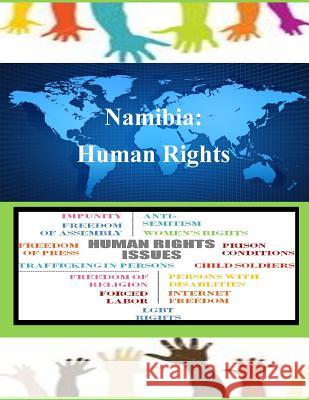Namibia: Human Rights » książka
Namibia: Human Rights
ISBN-13: 9781502865304 / Angielski / Miękka / 2014 / 32 str.
Namibia is a constitutional multi-party democracy. The presidential and parliamentary elections held in 2009 resulted in the reelection of President Hifikepunye Pohamba and retention by the ruling South West Africa People's Organization (SWAPO) of its large parliamentary majority. Despite some reported irregularities, international observers characterized the election as generally free and fair. Authorities generally maintained effective control over security forces. Security forces sometimes committed human rights abuses. The three most significant human rights abuses in the country included the slow pace of justice leading to lengthy pretrial detention under poor conditions; violence and discrimination against women and children, including rape, child abuse, and child labor; and discrimination and violence based on sexual orientation and gender identity. Other governmental human rights problems included unlawful police killing, incarceration of juveniles with adults, corruption by officials, and discrimination against ethnic minorities and indigenous people. The government took steps to prosecute or punish officials who committed abuses, whether in the security services or elsewhere in the government. Impunity existed.
Zawartość książki może nie spełniać oczekiwań – reklamacje nie obejmują treści, która mogła nie być redakcyjnie ani merytorycznie opracowana.











